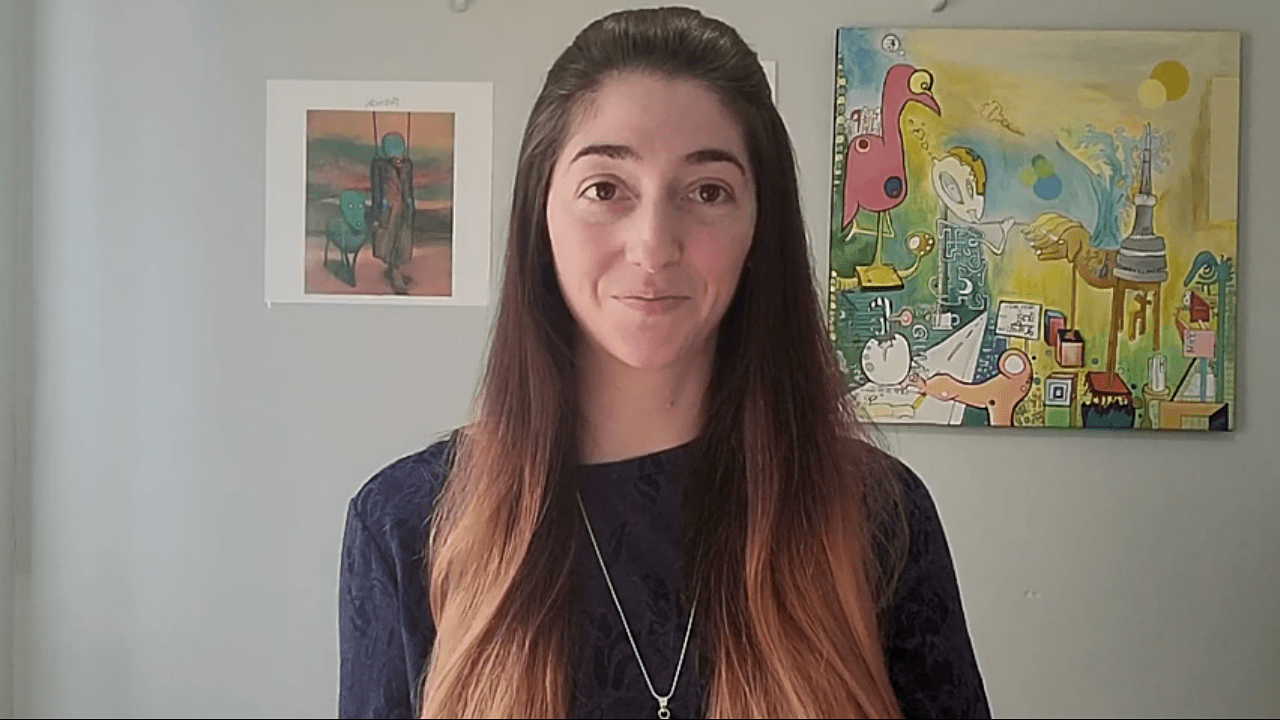Michelle Carr has a Ph.D. in Biomedical Science and works as a researcher at the University of Rochester Sleep and Neurophysiology Laboratory (UK). She actively studies nightmares, sleep paralysis, and lucid dreaming (LD). She is also engaged in the popularization of scientific knowledge, writing for the journal Psychology Today.
With colleagues from the Massachusetts Institute of Technology, she is currently working on the topic of dream engineering – the idea of using technology and sleep manipulation to improve memory, creativity, well-being, physical health, and rehabilitation.
According to the researcher, lucid dreams are an important and new direction in sleep medicine and the treatment of nightmares. With colleagues from Swansea University, Michelle Carr conducted a study on inducing lucid dreams using sensory stimulation (auditory, tactile, olfactory, etc.). Half of the participants achieved a positive result during one three-hour session. The researcher also studied the effects of lucid dreams on people’s moods in reality and conducted experiments on inducing LD using alternating current.
The researcher’s recent work on the topic of dreams included, among other things, the study of dream control, leading her to the conclusion that LD does not mean “all or none.” Control can range from simply noticing inconsistencies in the plot of the dream and the surrounding space to the ability to change the dream world at will. Carr also noted the role of attention and intention in dreams, saying that using various techniques “the dreamer may cultivate different degrees of agency in the dream.”
Michelle Carr’s works can be found on her ResearchGate page.
Get all the latest news about lucid dreams via our channels on Telegram, Instagram, Facebook




